The European Commission is a transnational body of the European Union, independent of the member states and defending the interests of the Union. And since the Czech Republic is part of the EU, it also defends its interests, or each of us. Specifically regarding the App Store, device charging, but also Apple Pay.
As they say in Czech Wikipedia, so the European Commission is above all the so-called guardian of the treaties. He must therefore ensure compliance with the founding treaties of the European Union and, as a matter of official duty, file lawsuits in case of detected violations. An important authority is participation in the creation of legislation, the right to submit proposals for legislative regulations is then entirely exclusive to him. Its other powers include, for example, issuing recommendations and opinions, maintaining diplomatic relations, negotiating international agreements, managing the majority of the European Union budget, etc.
Apple Pay and NFC
Reuters agency came with the news that the European Commission does not like the exclusive integration of the Apple Pay system within the iOS platform. If you want to pay for something with your iPhone, you can do so only through this service. This is not only with regard to payment at terminals, but also the website, etc. The competition simply has no chance here. Of course, Apple Pay is convenient, fast, secure and exemplary integrated. But there is a limitation in using it exclusively for the company's products. In the case of iPhones, you simply cannot use any alternative. The company only provides access to NFC technology for Apple Pay, which can be another stumbling block.
This technology has a wider use, and Apple keeps it too much under wraps. Many accessories work on NFC, but their manufacturers can only target owners with an Android device. Take smart locks for example. You walk up to it with your Android phone in your pocket, tap it, and you can unlock it without any further interaction. The lock will connect to your phone and authenticate you. If you have an iPhone, Bluetooth is used instead of NFC technology, which cannot be done without receiving a notification and then confirming the unlocking on the phone.
When we talk specifically about locks, there are of course many models that work with iPhones as well. But this is based on the HomeKit platform, i.e. Apple's own ecosystem, for which the manufacturer must be certified. And that makes money for the manufacturer and means money for Apple. It's actually similar to MFi. This issue has been a thorn in the European Commission's side since last June, when it launched an investigation against Apple.
And how will it turn out? If we look at it from the perspective of a customer/user of an Apple device, it should turn out for us as well that Apple steps back and makes room for alternative payment methods and of course allows access to NFC. We will have more options to choose from. Whether we stick with Apple Pay or go for an alternative is entirely up to us. However, we will most likely not see the verdict until next year, and if it is unflattering for Apple, it will surely appeal.
It could be interest you
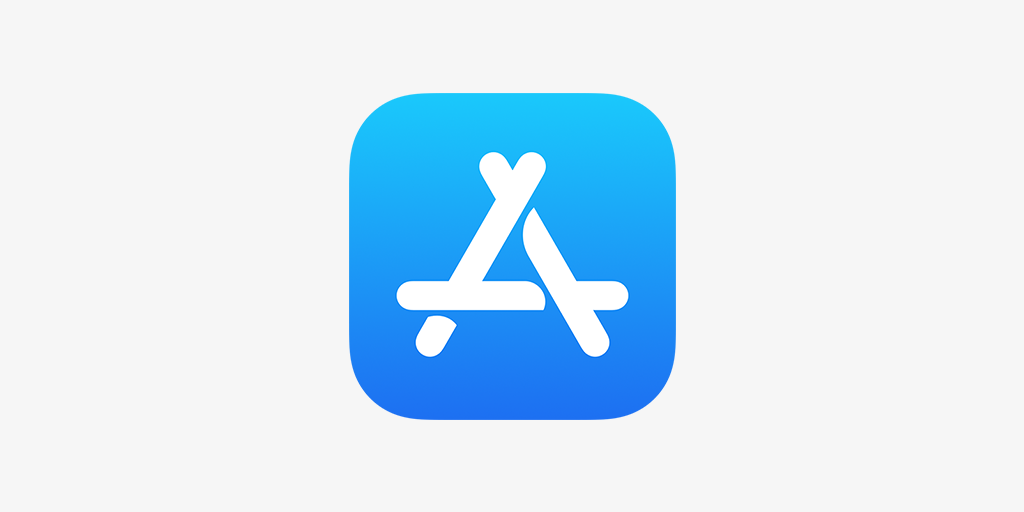
USB-C vs. Lightning and others
On September 23, the European Commission submitted a proposal to unify smartphone connectors. In the EU, we should charge any phone using USB-C. However, this case is not directed exclusively against Apple, although it will probably have the biggest impact on it. With the help of USB-C, we should charge all electronic products, including tablets and portable consoles, as well as other accessories in the form of headphones, cameras, Bluetooth speakers and others.
The goal of this design is to make sure the user doesn't get confused about which connector is used by which device and which cable to use for it. An equally important factor here is the intention to reduce electronic waste. You will only need one cable to charge everything, so you don't have to have several different ones. What about the fact that there are a lot of specifications for USB-C cables, especially regarding their speed. After all, this should be solved with clear pictograms.
However, the proposal also includes the separation of the sale of chargers from the electronics themselves. That is, what we already know well about Apple - at least in the form of the absence of an adapter in the packaging of iPhones. So it is possible that the charging cable will not be included in the future. But it makes sense within the proposal, and at least it can be seen that the European Commission is thinking on a global scale here - if at all, completely. The customer will save money, use his existing charger, and the planet will thank him for it.
It could be interest you
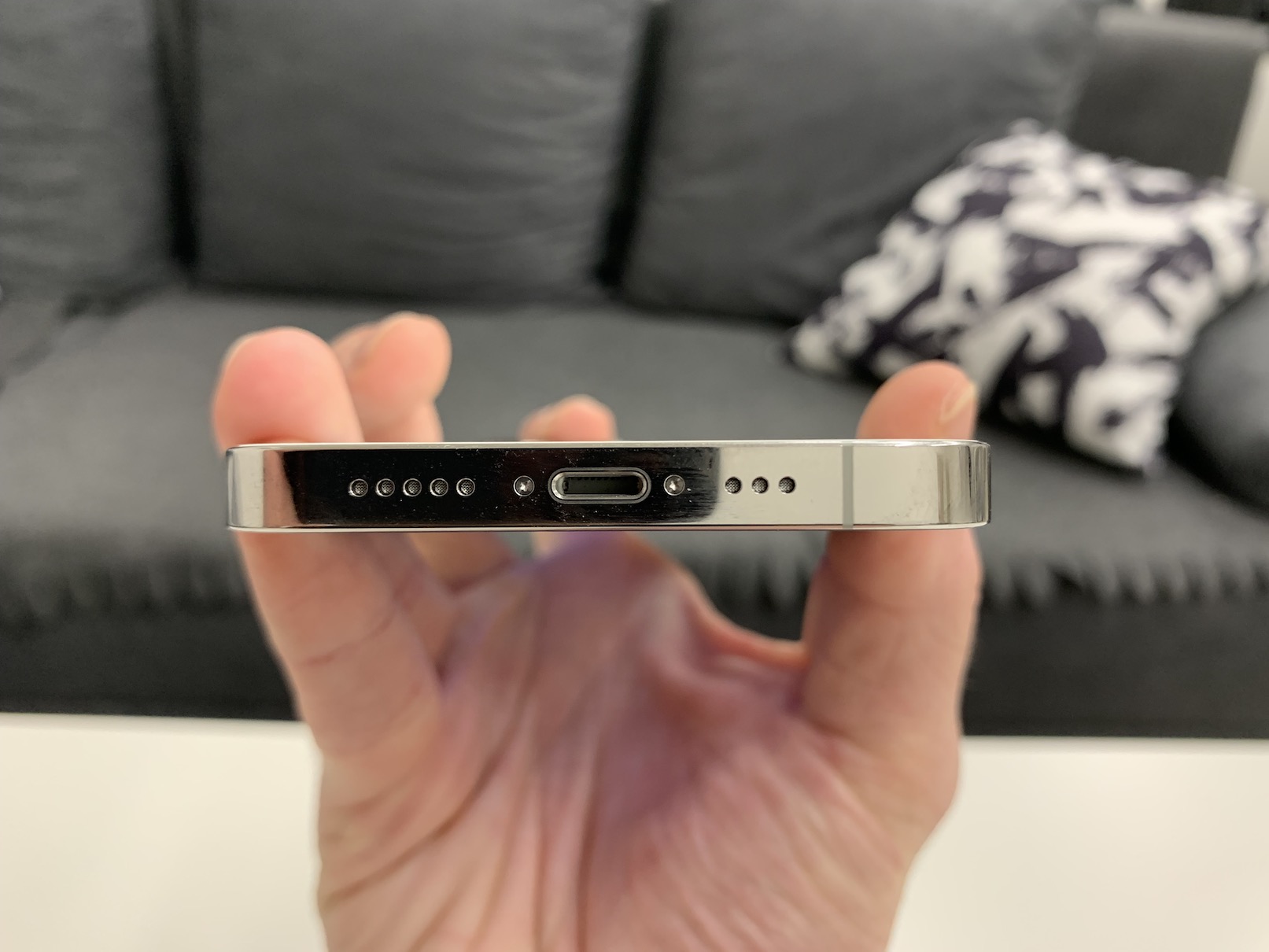
European Commission to this he states that every year they produce 11 thousand tons of discarded cables of electronic waste. Nothing is certain yet, because the European Parliament will decide. If the proposal is approved, there will be a one-year adjustment period for the manufacturer. Even if this happens before the end of the year, the next one will still mean nothing to consumers. Daily The Guardian he then issued a statement to Apple. This primarily mentions that, according to Apple, the European Commission is hindering technological innovation (Apple itself uses Lightning primarily only in iPhones, the basic iPad and accessories).
The App Store and its monopoly
On April 30, the European Commission filed antitrust charges against Applu due to its practices in App Store. It found that the company violated EU competition rules with its App Store policies, based on the first complaint of Spotify filed back in 2019. Specifically, the commission believes that Apple has "a dominant position in the market for the distribution of music streaming applications through its app store."
It could be interest you

Mandatory use of Apple's in-app purchase system (for which the company charges a commission) and prohibition of informing the application user of other purchase options outside the given title. These are the two rules that Apple practices, and the ones that are also suing the developer studio Epic Games for them - but on American soil. Here, the Commission found that the 30% commission fee, or the so-called "Apple tax", as it is also often referred to, led to an increase in prices for the final consumer (that is, us). Specifically, the Commission states: "Most streaming service providers have passed this charge on to end users by increasing their prices." This simply means that in order not to beat the developer, they beat their customers with higher prices. However, the Commission itself is also interested in the company's policy regarding games in the App Store.
Apple now faces a fine of up to 10% of its annual revenue if found guilty of breaching EU rules. It could cost him up to an extreme $27 billion, based on the company's annual revenue of $274,5 billion last year. Apple could also be forced to change its business model, which has more damaging and lasting effects than a fine. However, Apple is well aware of everything and is already taking appropriate steps to minimize possible consequences.
It could be interest you
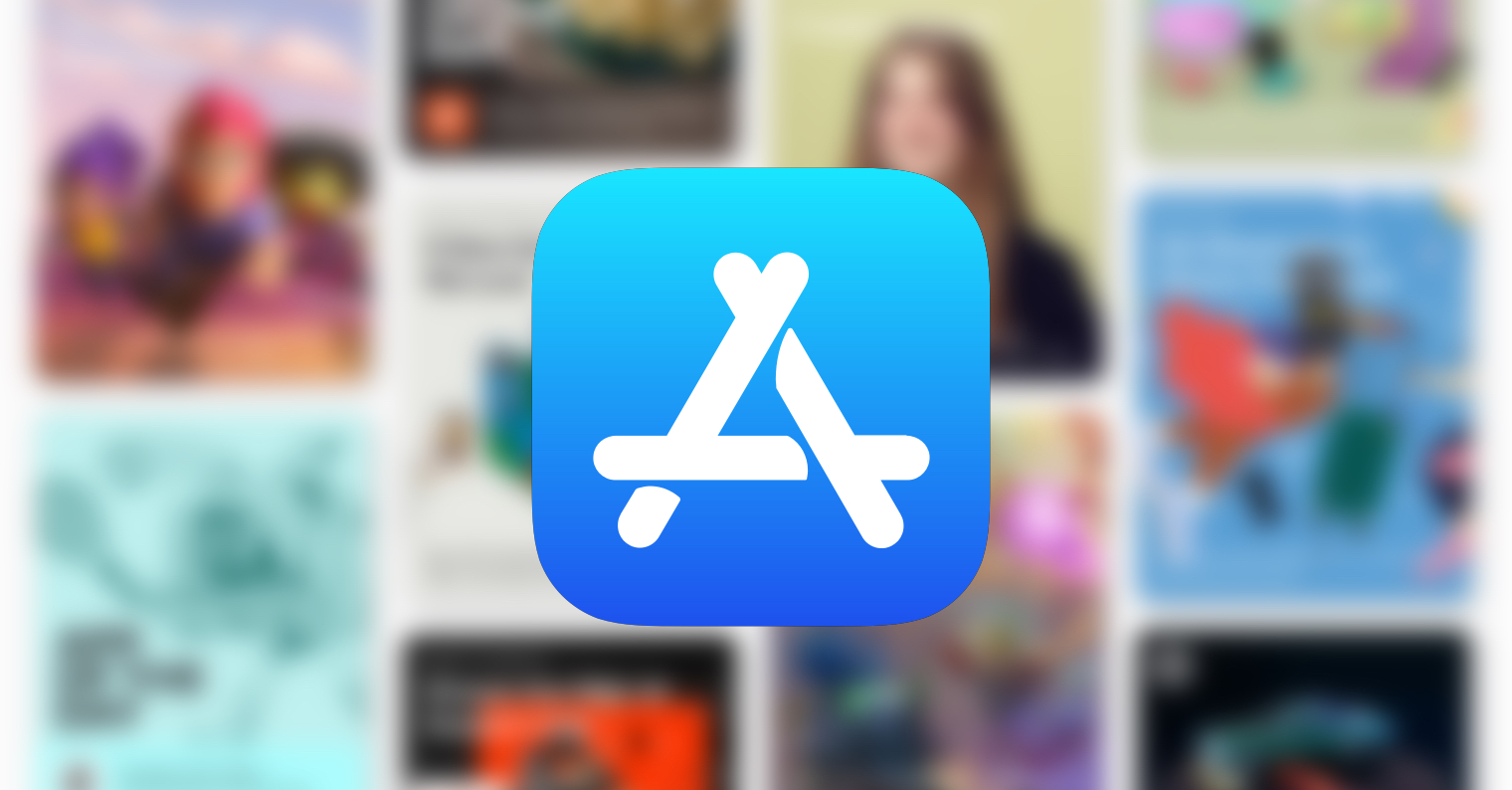
Taxes and Ireland
However, the European Commission does not always have to win. During 2020, a case was resolved in which Apple had to pay Ireland €13 billion in taxes. According to the commission, between 2003 and 2014, Apple received alleged unlawful assistance from Ireland in the form of numerous tax benefits. But the second highest court of the EU mentioned that the Commission failed to prove the benefits. The decision was also appreciated by Ireland itself, which stood behind Apple because it wants to keep its system that attracts foreign companies to the country.
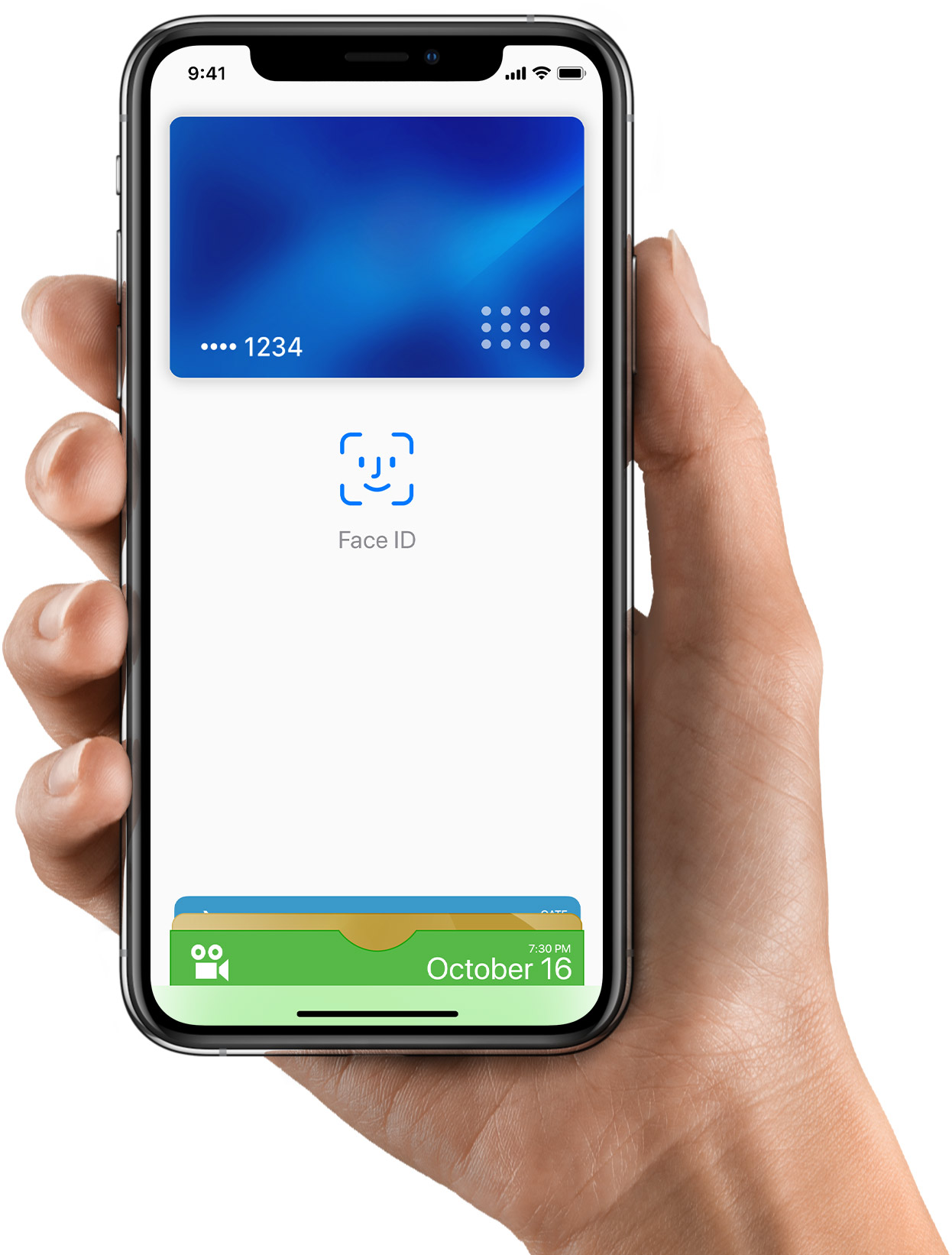
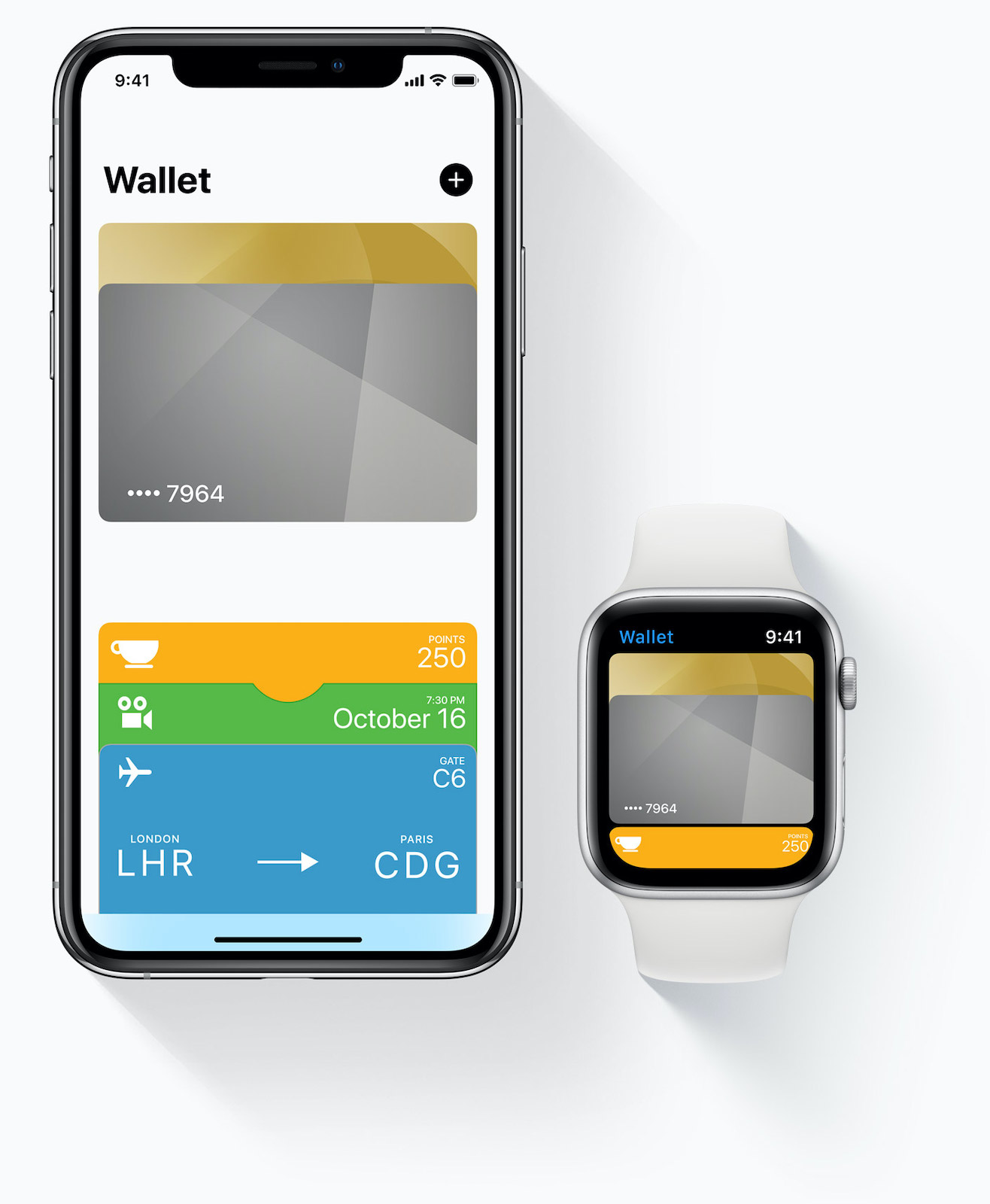
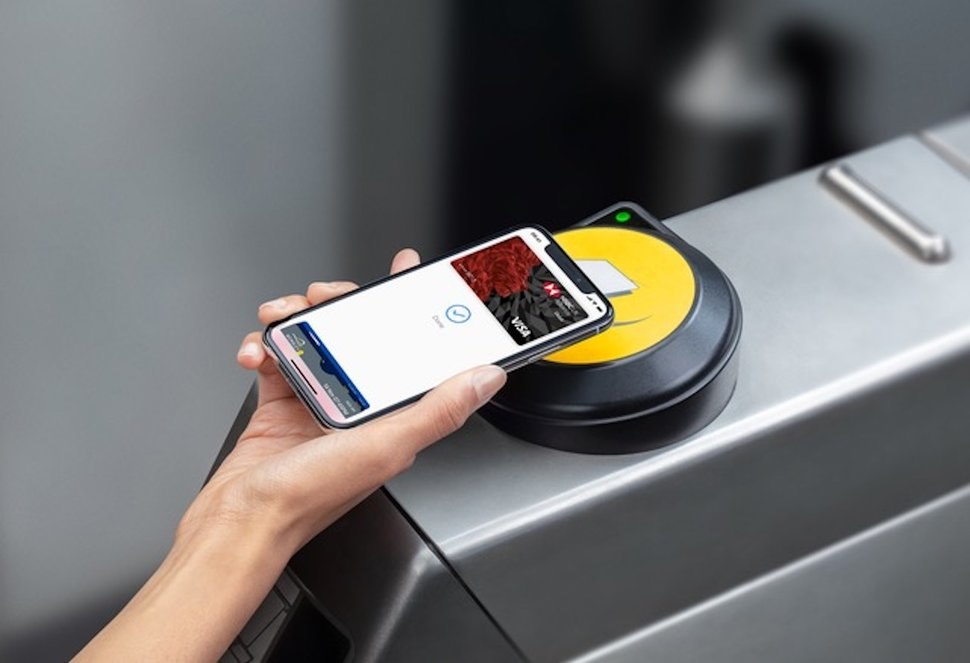
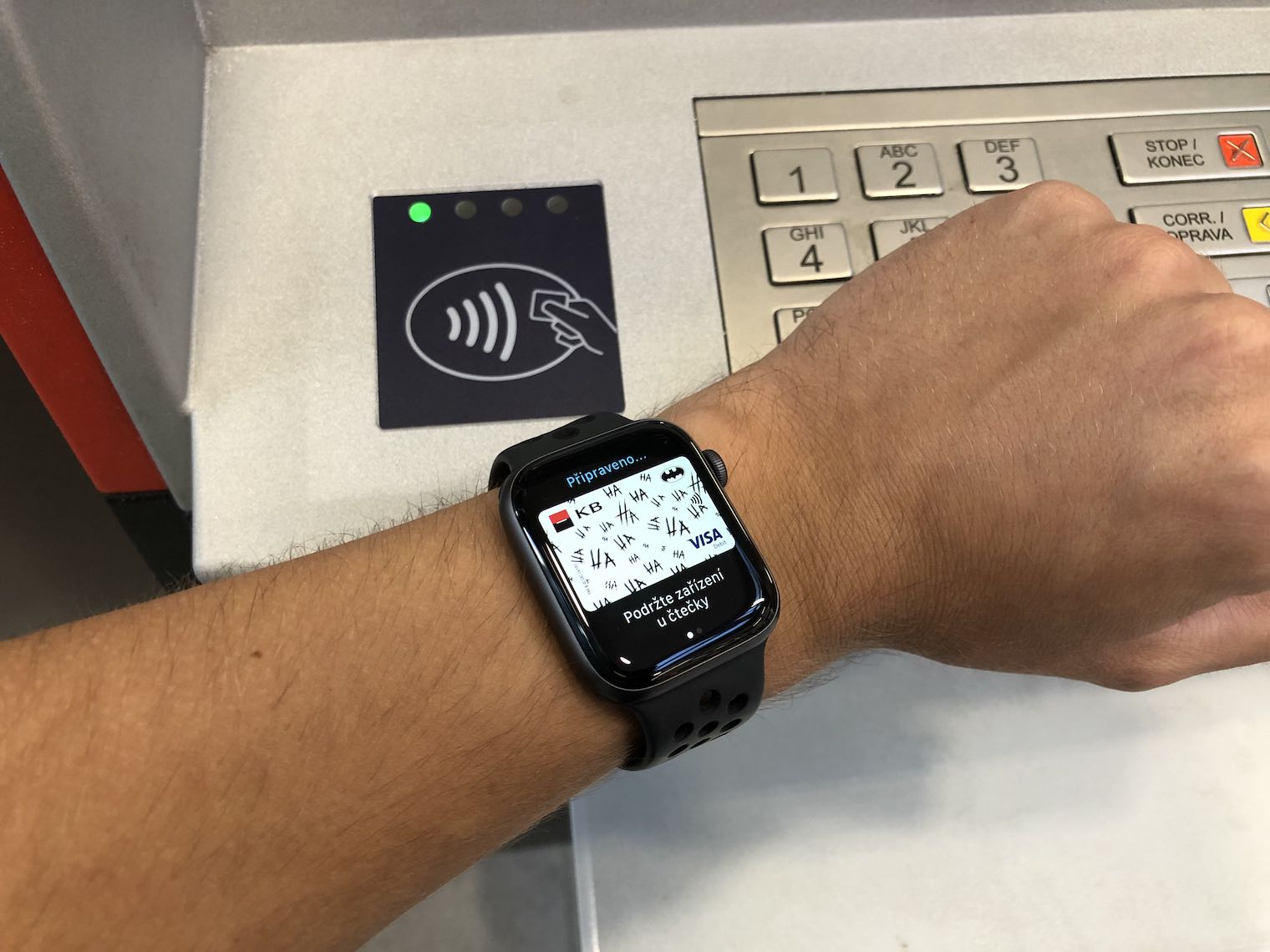
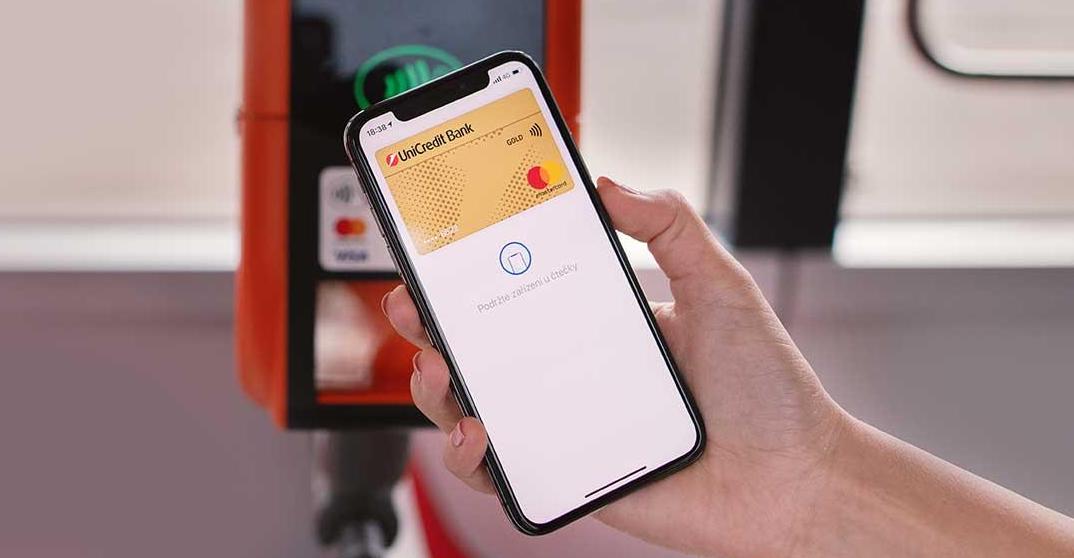
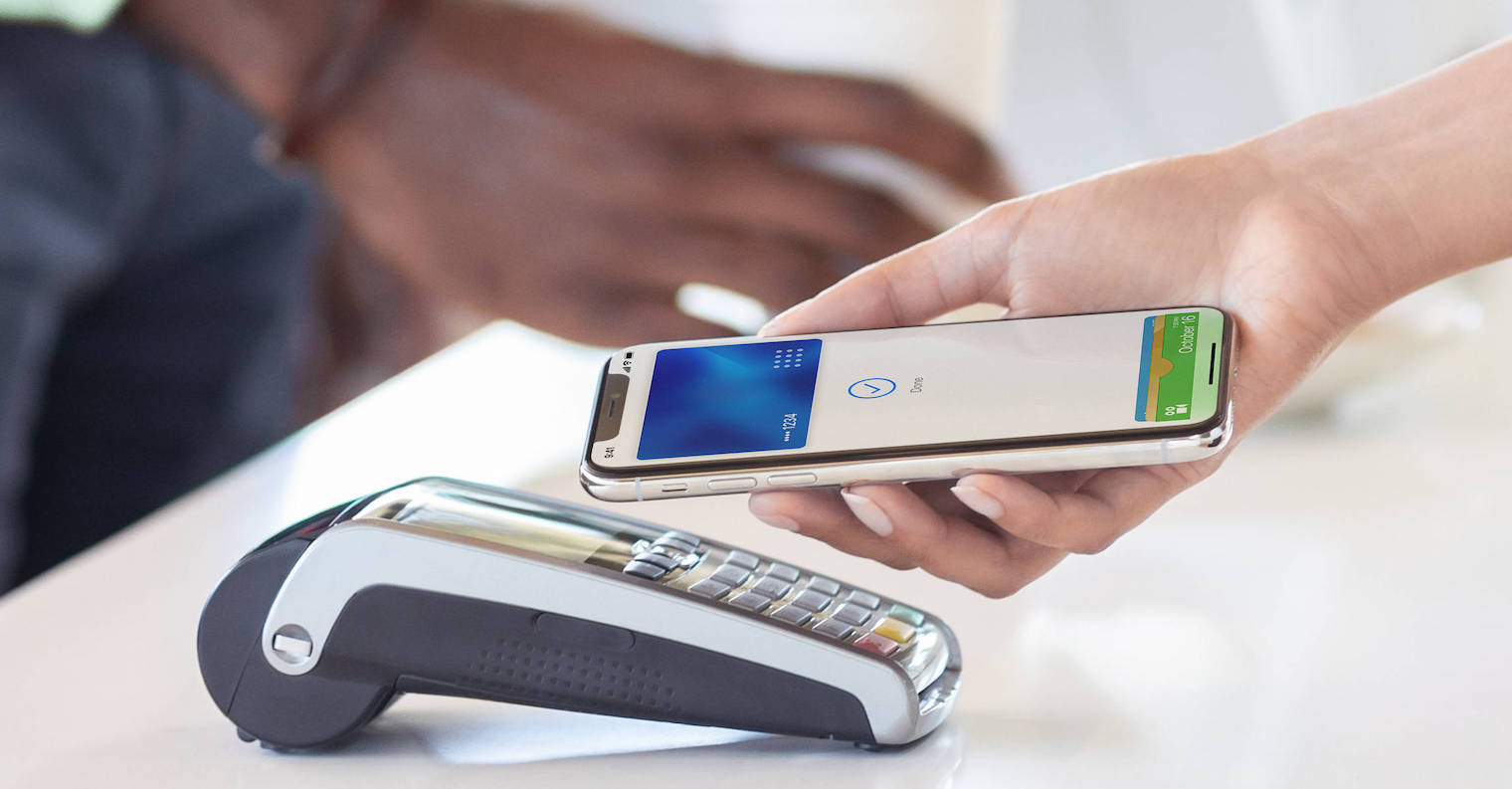
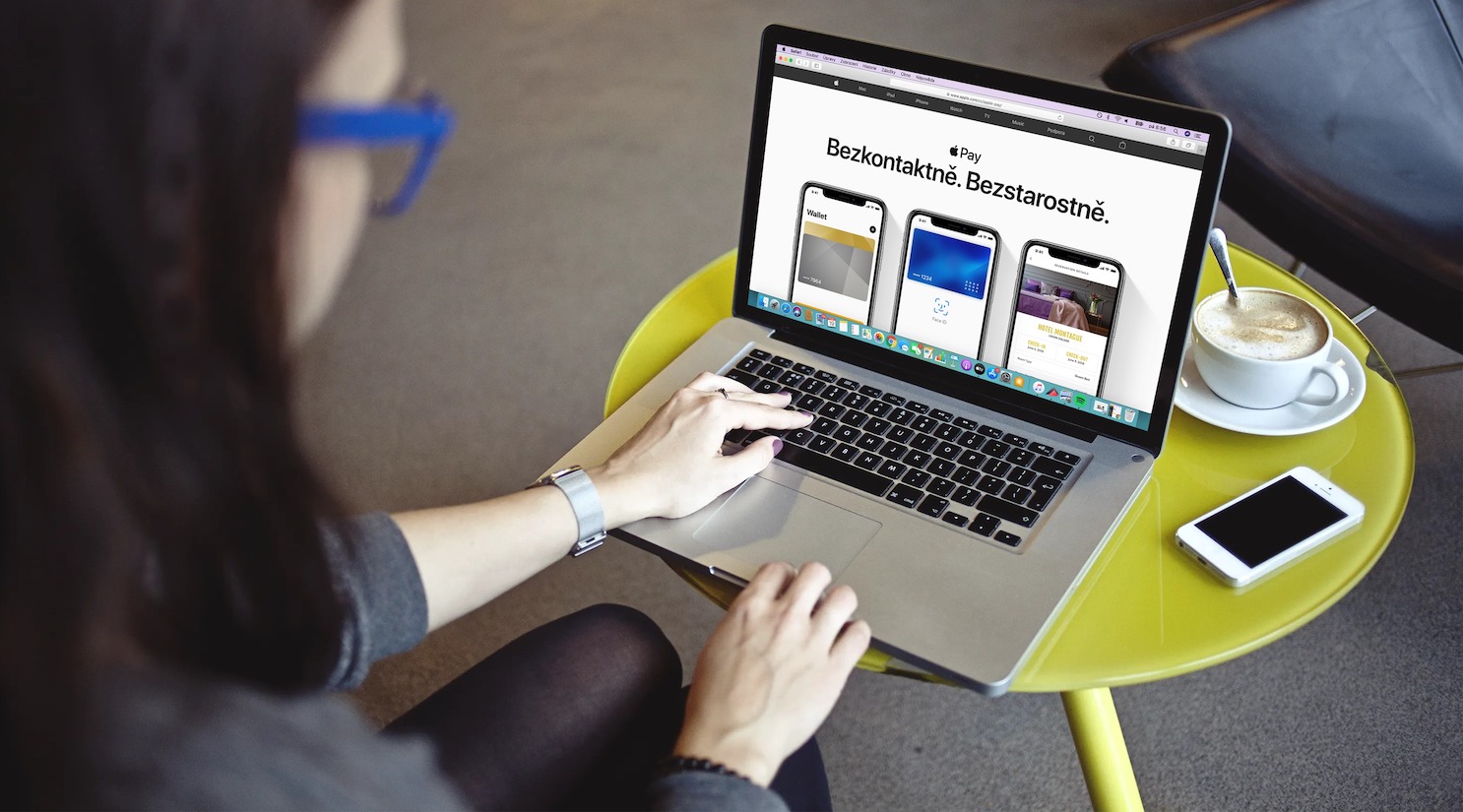
 Adam Kos
Adam Kos 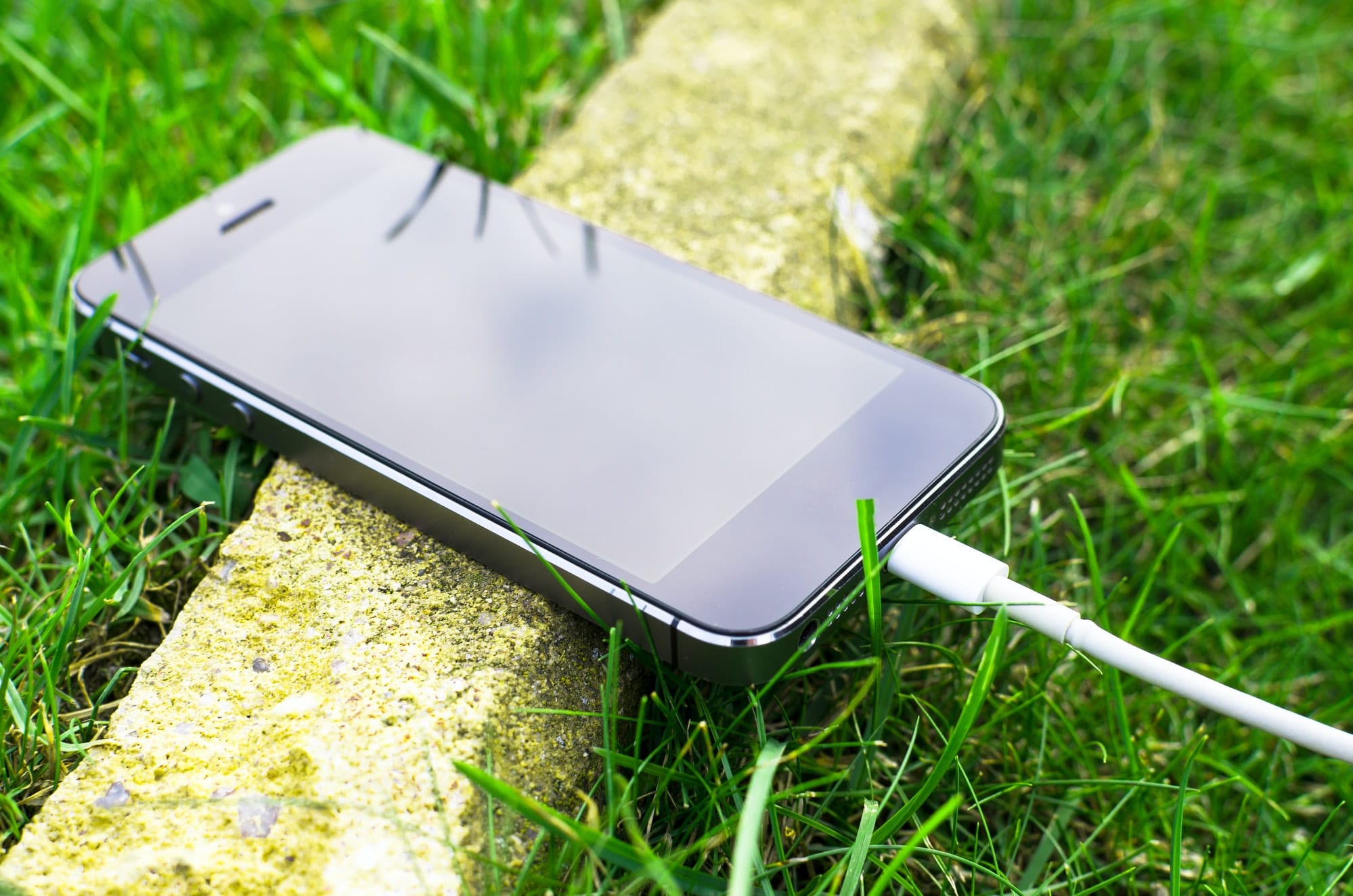
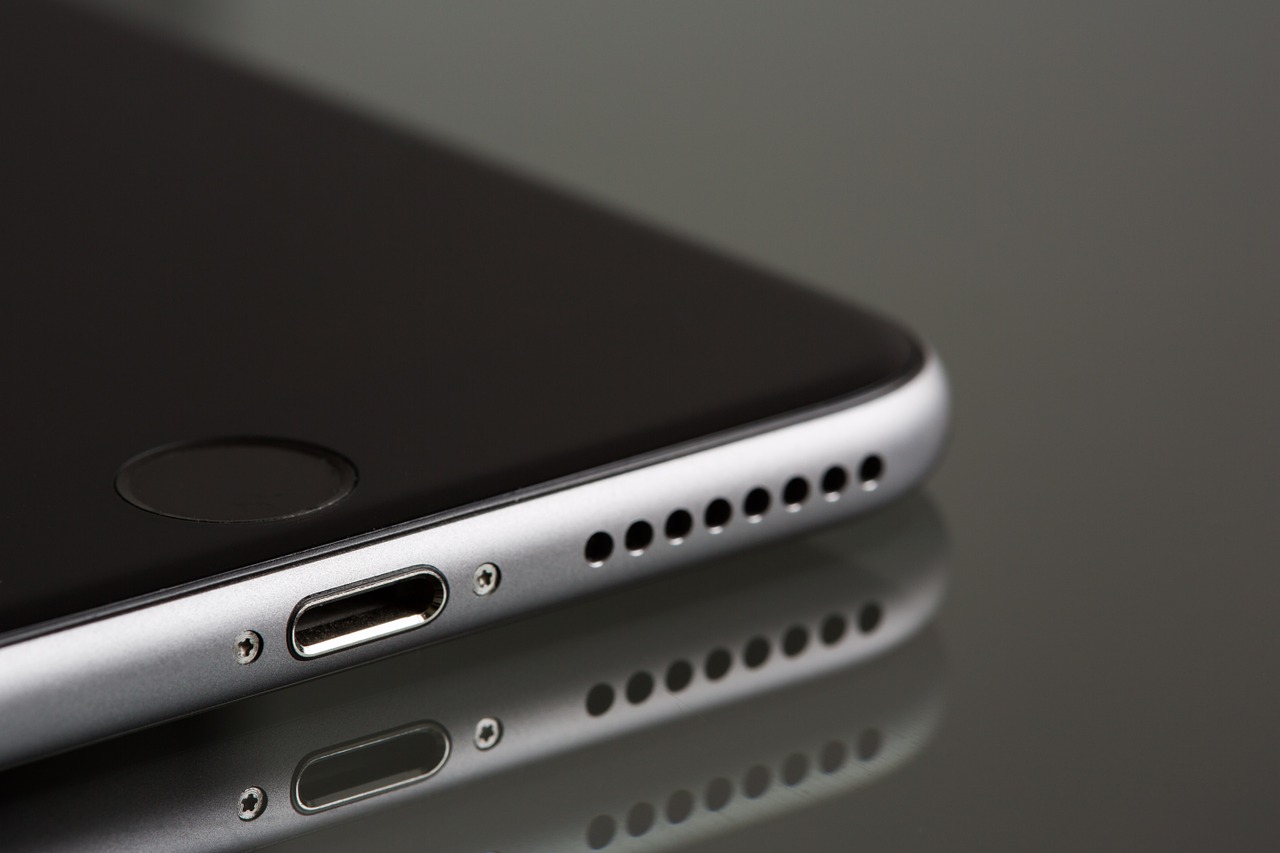
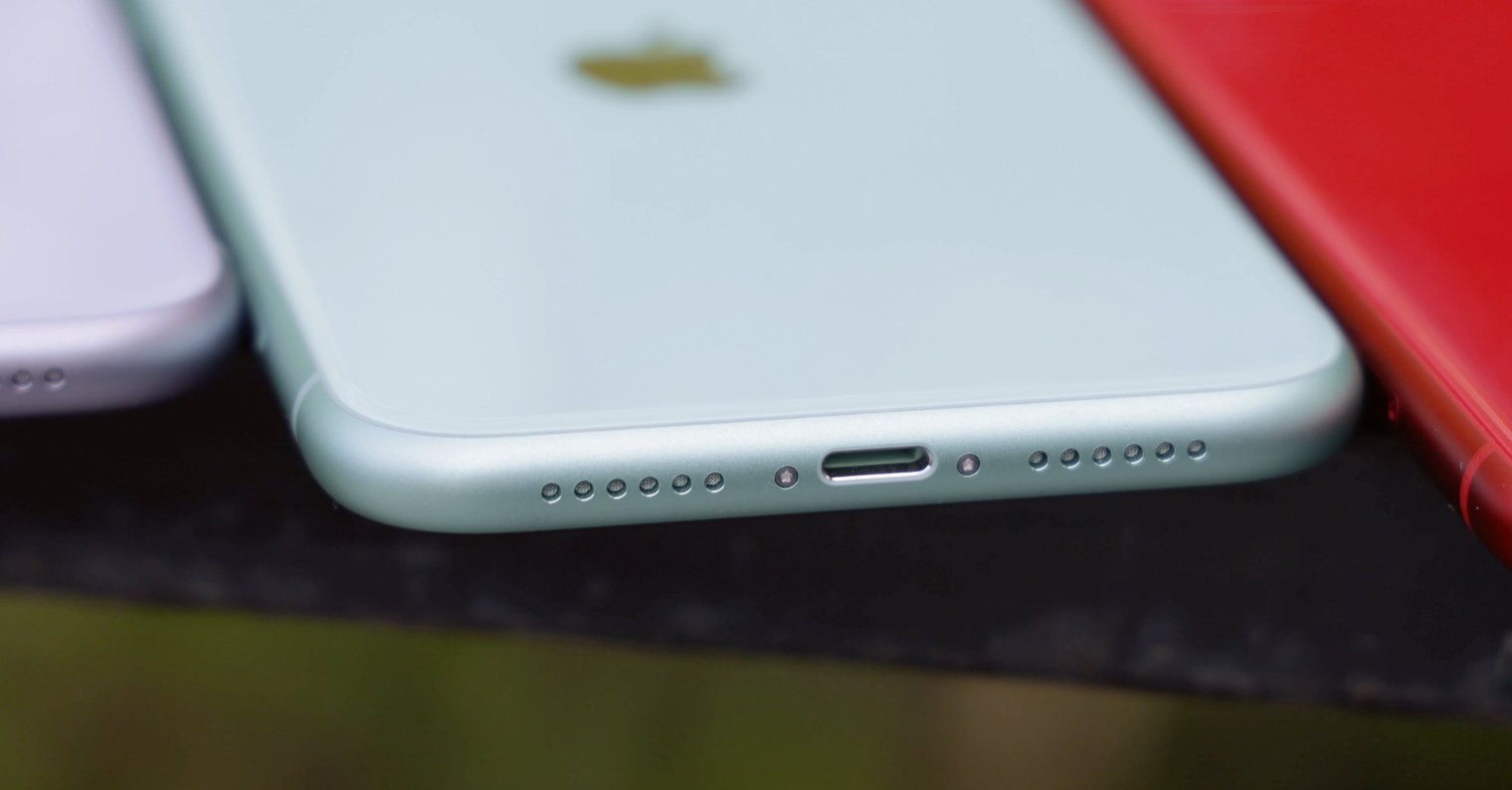

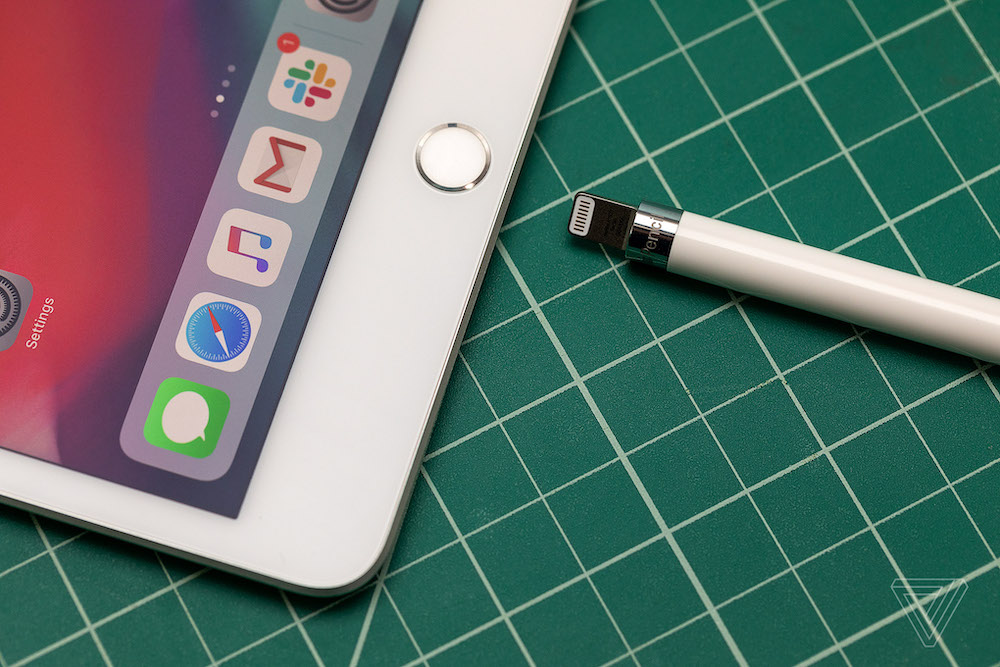

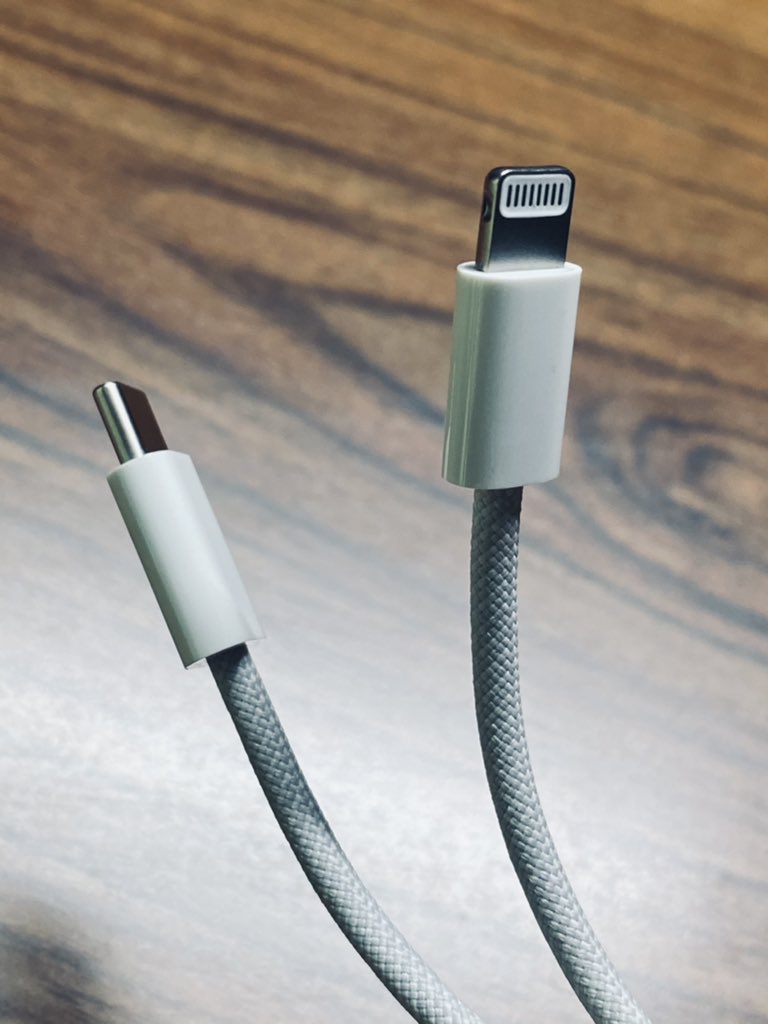


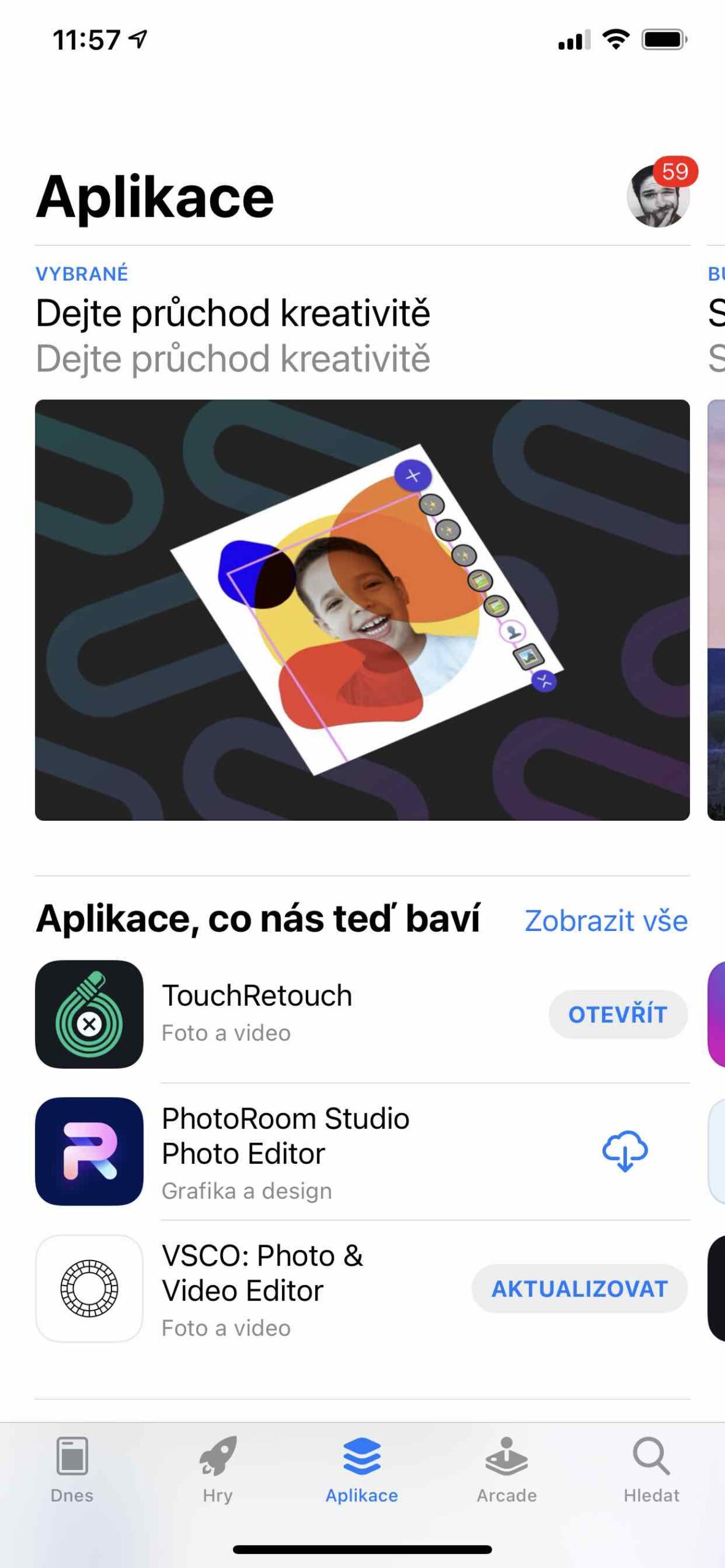

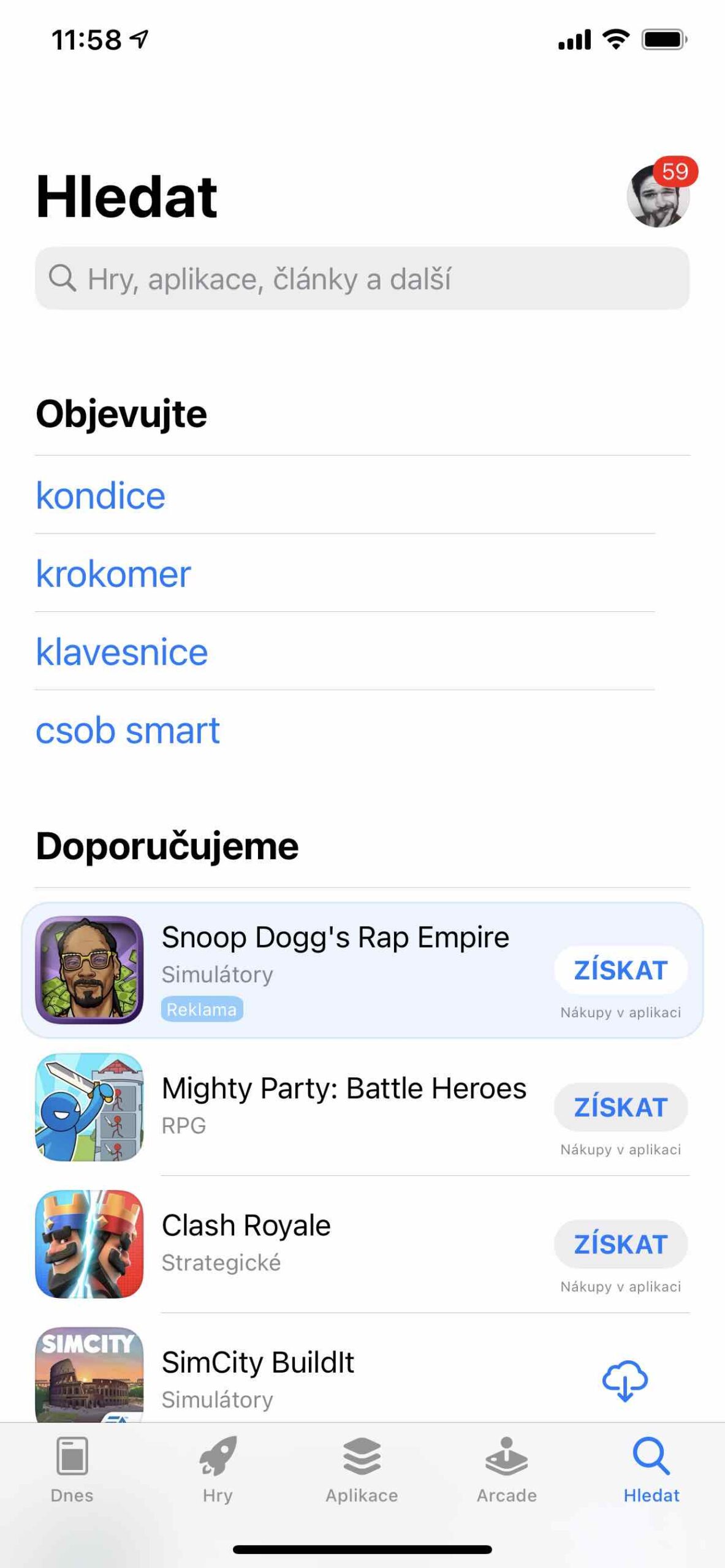
Something to think about for young people, when you vote, don't vote for the EU parties, or this group from the EU will one day take away everything you like, including your favorite electronics brands.
This juggernaut needs to fall apart. There is no need for the EU, only a duty-free zone in Europe. The regulations are determined by each state at its own discretion.
So if there is a compulsion to use Apple and other brands instead of USB-C lighting, suddenly there will be such a large amount of electronic waste than ever before.
I myself have had a pile of unused cables and chargers at home for about 13 years.
The lighting is great for me.
But development continues and I've been using wireless charging for my phone and headphones for a couple of years now.
So if the connector were to be completely removed, I wouldn't mind at all.
I love how everyone talks about wireless charging without realizing it's complete bullshit. You would have to have a charger that has a solar panel on one side and a charger on the other. Otherwise, if you look at that wireless charger of yours, you'll find that the Bottom wire leads. So you have an outlet on the wall with a transformer on it and the transformer runs a wire to your famous wireless charger and the only difference between a normal charger and a wireless charger is that you have the charger stuck to the phone and not plugged into the socket
Simply put, the wireless charger has exactly the same wire as any other charger.
I think the EU should stop getting involved :-/
The EU should mainly take care that it functions as it should function. Telling people how to go bananas or what companies should or shouldn't do is completely out of line and is the reason this organization will just fall apart if they don't realize it. If someone doesn't like how and what Apple does, there are simply other alternatives. Apple does not, DOES NOT have a monopoly.
Not that I'm defending the EU, but it also wouldn't want to believe every hoax around EU regulation. Like, for example, the favorite, bending bananas 😏